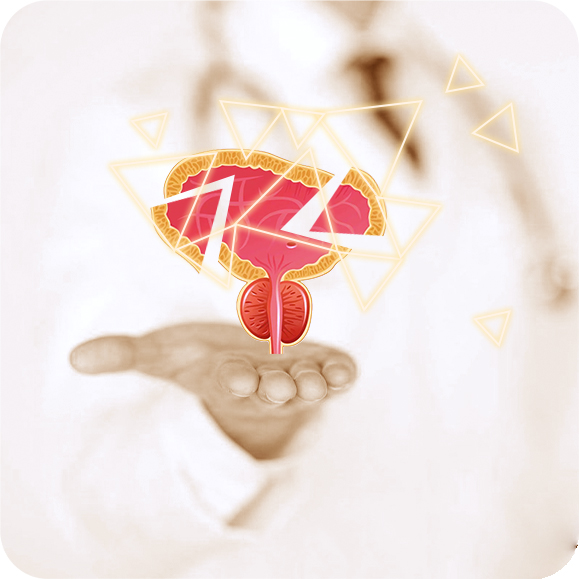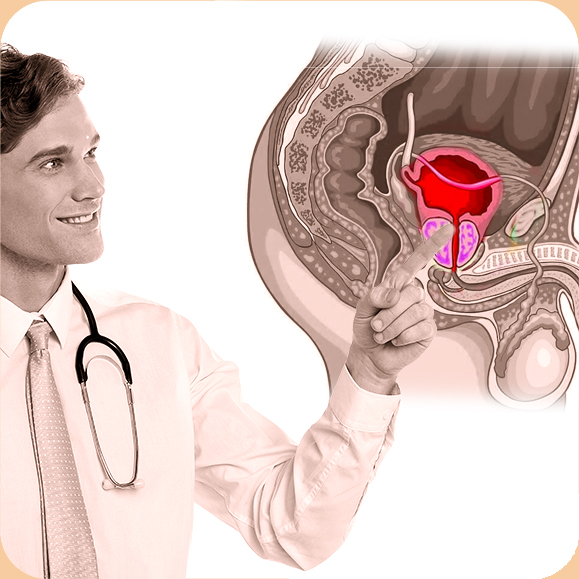Prostatitis is the most troublesome disease that affects many younger men, and it's characterized by pain on passing year and pain in the perineum, sometimes reduction of flow and sometimes a burning sensation or passing year. It's caused by inflammation in the prostate, sometimes caused by infection. More often it's not associated with infection, and it's just a non infective inflammatory condition. But you can imagine: if your prostate inflamed, you get that burning sensation in the pelvis, which is a very, very troublesome.
What are the symptoms of prostatitis that should not be ignored?
Prostatitis is nothing but inflammation of the prostate gland. It can be secondary to infectious causes or it could be a bacterial prostatitis. Also a bacterial prostatitis is usually secondary to reflux of urine from the urinary system into the prostate gland, and urine contains multiple chemicals which can initiate an inflammation of the prostate gland. It all starts with a simple episode of urinary tract infection in the males, after which if it is not treated or if it is not eradicated completely, the bacteria can find rest in one of the corners of the prostate gland. leading to repeated attacks of urinary tract infections, causing destruction of the prostate silently, after which the patient develops severe pain and burning while passing urine. So the symptoms to watch out for to identify prostatitis is severe burning while passing urine. and when the infection reaches beyond a critical point, it can form what we call as an abscess in the prostate land. The treatment definitely depends on the cause. A bacterial prostatitis requires antibiotic administration. It has to be clearly identified with cultures of the urine done both before. The identification depends on the urine culture, and the urine sample, which is identified after your doctor visit with a digital rectal examination, is going to give us the correct diagnosis. Initiation of antibiotics and antibiotic continuation for four to six weeks is recommended and ideal for clearing the infection from the prostate land. If it has formed an abscess, then pus anywhere in the body has to be drained out. and for the prostate land the easiest approach would be to drain the pus through the rectum with the help of a trans-rectal ultrasound probe. If the abscess cavity is very huge and encroaching on to the urinary tract, then we might require a cystoscopic procedure for drainage of the accumulated pus.








